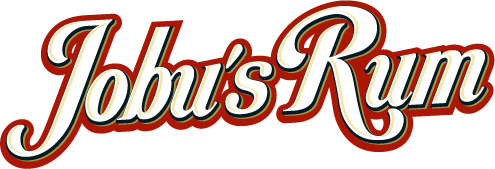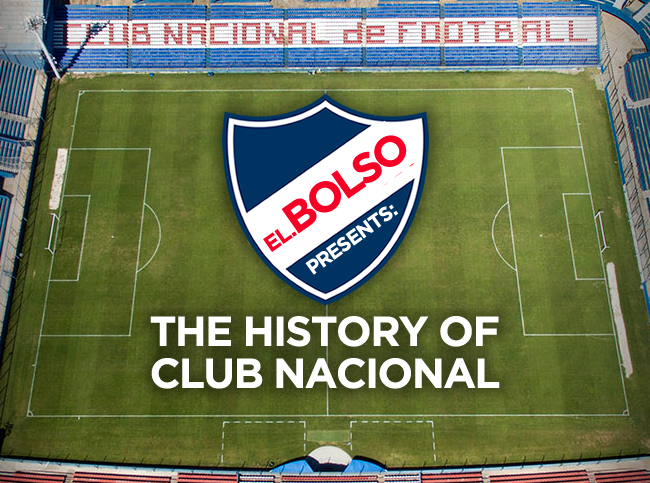Hello again, fans! El Bolso is back with part 2 of his History of Nacional 21st Century extravaganza! Part 1 covered the 2000-2006 period. Today we’ll talk about the last decade or so of Tricolores glory. Let’s get right to it!
2008/2009
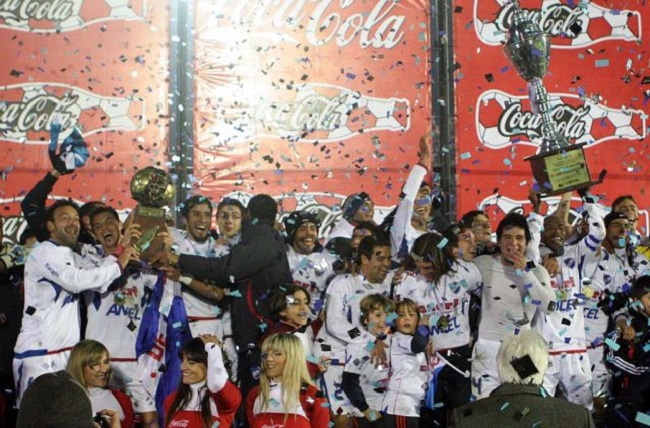
Martín Lasarte left (or was shown the door, depending on who you believe) after winning back to back titles in his 2 years as coach. He didn’t win the 2006 Apertura and he couldn’t beat Peñarol, so out he went. Nacional hired Carreño back, but he couldn’t win the 2007 Clausura (Danubio was the champion that season). When the team started slowly in the 2007 Apertura he too was gone, replaced by Gerardo Pelusso (remember him?). As far as I can tell, Pelusso has no connection to the 1988 Nacional squad, the first coach since 1997 to be able to say that! How exciting. Pelusso floundered through the rest of that year (Defensor won the title), but Then managed to produce the most successful single Tricolores season in the last 25 years: he led them to a Libertadores Cup semifinal round berth, a championship season, and victory in what has to be the longest league championship playoff series in soccer history.
The Apertura came down to the last week of the season, with Nacional and Danubio tied in first place. The Tricolores won their game 2-1 over Central Español and looked like the likely champions, as Peñarol was holding Danubio to a 1-1 tie in added time. However, future Manya Diego Ifrán scored a 92nd minute goal for Danubio to force a playoff. Gee, Peñarol gave up a last minute goal that coincidentally screwed Nacional over? Nothing fishy going on there! It didn’t matter anyway, as the Bolsos came from behind to take the deciding game 2-1 thanks to goals from Álvaro “Flaco” Fernández and Santiago “el Morro” García. Nacional was knee-deep in the Libertadores during the second half of the year, which caused them to lose not only the Clausura title but the annual table lead to Defensor Sporting. So the teams that should have decided the 2005 Especial finally met in a league title playoff 4 years later. It would pretty much become an annual tradition.
So, this is Uruguay. By this point in the story you should expect shenanigans and crappy organization, right? Well, here we go. The playoff rules for that year (and only for that year, because fuck continuity) specified that the Apertura and Clausura winners would meet in a 2 leg playoff, with a 3rd game to be played in case of a tie (these days they play a single game elimination). THEN, that winner would meet the annual table leader in ANOTHER 2/3 leg playoff for the title. That meant Nacional was looking at having to play a minimum of 4 games (up to a maximum of 6) against Defensor in order to win the title. I mean, how is this necessary? By the end of the 6th game, who the hell wants to see more of the same 2 teams? Welcome to the wonderful world of AUF. Nacional and Defensor tied 1-1 in the first game (goal by National Team mainstay Nicolás Lodeiro), then again in the second game (defenseman Adrián “the Bone” Romero scored this time, on a booming free kick). The third game was all Nacional, though: both El Flaco and El Morro (which sounds like some crappy Univision Chavo del Ocho knockoff) scored. Another future Celeste star, defender Sebastián Coates, added a goal in the 3-0 rout. Three games down, a shitload more to go, although by this time you could start to smell the panic on Defensor.
The first final (the first three games were technically part of the semis) was a tense affair. Defensor went up 1-0 in the 68th minute, but Nacional had the answer as Coates tied the game 10 minutes later on a beautiful fading header; what can I say, defenders that know how to put the ball in the other team’s net are a Nacional specialty. With 3 minutes to go Nacional got the game winner from the Cricket (Cri cri… cri cri…), Gustavo “El Grillito” Biscayzacú. Biscayzacú left behind a pretty distinguished international career to play for the Bolsos that season and paid immediate dividends: he scored all 3 goals in Nacional’s 3-2 Clausura Clasico victory. Now, in perhaps the most important game of the season, there he was getting the decisive score. Anyway, with the championship within reach Nacional took the early lead in the return game thanks to yet another defender, Mauricio Victorino. Defensor tied it in the second half, but they needed a win to stay alive. With the Violetas pushing for the miracle goal, Lodeiro took advantage and scored with 4 minutes left to give Nacional the title and make Pelusso the first coach to win the Uruguayan League title with 2 different teams (remember, he beat Nacional in the 2004 final with Danubio).
2010/2011
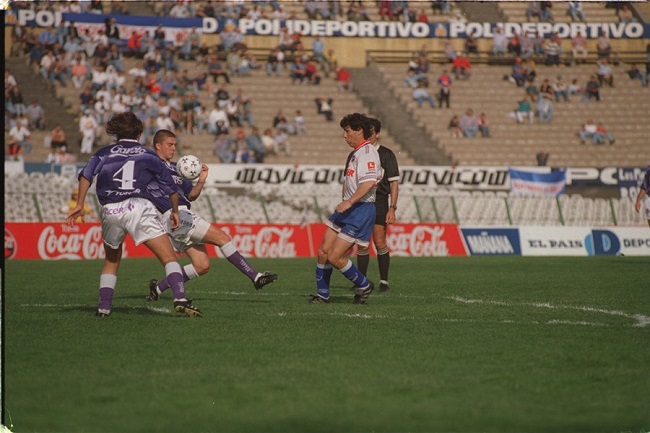
The 2009/10 season was a mess for the Tricolores: Pelusso resigned pretty much during the postgame celebration. The team cycled through 3 different coaches, none of which worked out, and Peñarol ended up winning the league title. In the offseason the priority was to find a coach that could reestablish a consistent pattern of team play, and the club leadership took a big chance, hiring former team star Juan Ramón Carrasco.
Oh, boy. I don’t even know where to begin unpacking the baggage, fans. Carrasco is the Patrick Ewing of Uruguay, only if Knicks fans irrationally hated Patrick Ewing. He was supremely talented and had a long and distinguished career, and he loved Nacional truly and deeply, coming back to the team again and again after stints elsewhere. Yet somehow something always went wrong. His teams were never good enough to win anything, and he just missed being a part of every meaningful season in the 80s and 90s (1980, 1983, 1988, 1992). To make matters worse, he had a reputation for attitude and ego, plus he made the crucial mistake of going to play at Peñarol for one season when no one else would have anything to do with him; many Nacional fans have never forgiven him for that. He also scored the winning goal against Defensor in a 1997 game that handed the Manyas the last title of their modern Quinquenio. Carrasco argued that it was a player’s duty to always play to win (I imagine he stood in front of the cameras and yelled “I FIGHT TO WIN FOR ME!!!,” Ivan Drago style). That one lost him quite a few friends as well.
Carrasco began coaching as a player-manager at humble Rocha near the end of his career, and started the team on a path that led to history (as we saw last time). He then took over Fénix and led them to a Libertadores Cup appearance, which is like saying you took over your intramural league team and got them to the CONCACAF Champions League. That led to a job as Celeste coach: his teams showed some of the best offensive firepower in decades, but were wholly unprepared to play defense (a hallmark of Carrasco’s early coaching career), so he got fired after a few embarrassing losses in the 2006 World Cup qualifiers. He then took over River Plate (no, not that one) and turned them into a scoring machine (albeit with the traditional Carrasco defensive troubles), and after a few seasons there he finally made the jump to the one job he had always publicly lobbied for: Nacional head coach.
As Carrasco took over, the Tricolores fans were torn. Here was a guy who clearly knew what he was doing (at least on the offensive end), who encouraged his teams to play as attractively as possible, and who wanted to succeed at Nacional as much as anyone. I mean, the guy pretty much bled red, white and blue. I think everyone wanted him to succeed, but was ready for a dumpster fire to break out at any moment. They only got more nervous when Nacional got off to a slow start in the Apertura, winning 2 of their first 8 games while losing 4 (including a 4-1 embarrassment by Cerro). I think it’s pretty fair to say that Carrasco barely escaped getting the ax mid-tournament. However, the team slowly began to understand what their coach wanted from them, and once they figured it out they were unstoppable. They won 6 of their last 7 games, including a 2-1 win league leader Defensor; the only blemish was a scoreless tie against Peñarol. Unfortunately, the reaction came just a hair too late, as Defensor won the title by a single point over the Bolsos. Still, the run highlighted what the fans could expect from Carrasco’s team in the Clausura.
The other significant hire Nacional made prior to the season was the veteran Argentinian playmaker Marcelo “the Doll” Gallardo. It was thought that el Muñeco would be the perfect starting point for Carrasco’s vertiginous offense, but he ripped his ACL (or his MCL, or his HTML… one of those) in his first game and was lost for the entire Apertura. Well, Gallardo returned for the Clausura and was an absolute beast, leading a team that won 11 out of 15 games and took first place in the Clausura by 6 points over Defensor. That meant they also won the Annual table, so as they faced the Violetas in the end of season playoff all they needed was a single solitary win in the semifinal round (unbelievably, the AUF had learned their lesson from the previous year). That they got, with Tabaré Viudez providing the only goal in a 1-0 win. Viudez came up in Defensor’s youth teams, was a star for the Violetas in his early years, then spent a couple of mediocre years in Mexico before coming to Nacional on loan for the 2010/11 season. He scored the championship-clinching goal against his old team (cría cuervos y te arrancarán los ojos, as they say), stuck around for the next season’s title run (SPOILER ALERT), then emigrated to Turkey. From there he went to River Plate (YES! YES! THAT ONE!), and it was just announced that he will be returning to the Tricolores for the 2016 Especial. Welcome back! Carrasco regained the love of Nacional fans, and realizing he’d never be able to top this he promptly resigned after a single, glorious season.
2011-2012
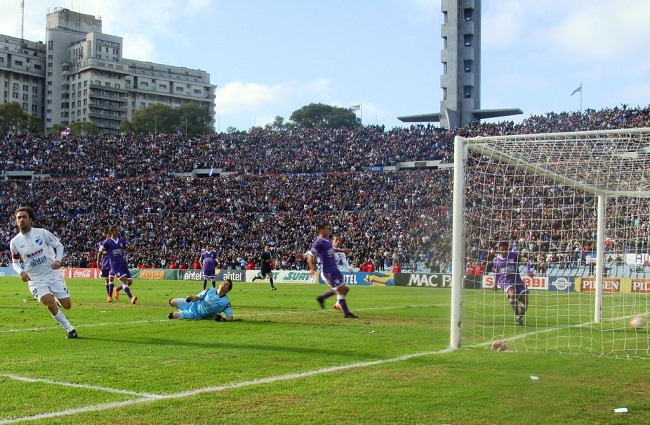
With Carrasco gone and Gallardo retiring, Nacional had two huge holes to fill as the next season approached: head coach and on-field creator and facilitator. Waste not want not, they thought, and promptly hired el Muñeco to fill the coaching vacancy. Gallardo had been thinking about making the move to coach anyway (and had already assembled his team of assistants), but taking on a rookie manager with absolutely zero coaching experience at any level can make any team’s fans a little nervous. The anxiety level climbed even higher when the team announced their choice to replace Gallardo on the roster: Álvaro “el Chino” Recoba. Now look: those of you who have been reading El Bolso’s posts over the last few years are probably wondering why the fans were so apprehensive, but at that time Recoba’s brand didn’t quite have the luster it does today, or did in his prime. He was thought of as someone with a lot of talent and a lot of attitude, injury-prone, and not necessarily capable of leading a team to a title. His glory days at Inter Milan were long gone, and he had just finished an unremarkable 2 year stint at Danubio, his first professional club. El Chino said all the right things about wanting to play for the team he had always rooted for, and the one that gave him a springboard to Europe, but fans remembered he had said similar things about Danubio two years before. In short, both his capabilities and his loyalties were in question, and that led to a very anxious fan base.
Recoba made his presence felt right from the beginning of the Apertura. Gallardo used him judiciously, often bringing him in as a second half sub to keep him fresh and give the team a psychological boost, and that worked wonders (it was something Carrasco had done with Gallardo himself the previous season, so gold star for paying attention!). Meanwhile, all Recoba did was to completely rewrite the book on himself, becoming a sort of uber-clutch monster player. He gave Nacional a late 3-2 lead against River Plate (sigh, not that one) in week 1 (although River tied the game with 2 minutes left) and scored the tying goal in added time against Defensor in week 2. Clutch! He then scored the game-winning goal in the Clásico, an added time penalty kick that capped a 2-1 comeback win. Clutch! That kept Nacional within striking distance of leader Danubio, and the very next week they took over first place by a single point. Only one game remained, against Liverpool. Danubio easily won their game, and with Liverpool hanging on to a scoreless tie it looked like Nacional would fall just shy of first place. CLUTCH ALERT! With 11 minutes to go, Recoba received a pass just outside the box, faked a right-footed shot to get a defender out of the way (which, how on Earth do you fall for that against one of the most famous left-footed players in Uruguayan soccer history), then stroked the ball off the far post with a magnificent lefty shot. Clutch!
Nacional finished the Clausura in second place, 3 points behind Defensor. Recoba did have a shining moment in that tournament as well, scoring the game winner in yet another derby, this time a magnificent free kick that curved around the wall and once again sneaked in just off the far post. Once again, Nacional would be playing the Violetas for the title, the third time in 5 seasons. Just like they did the previous year, the Tricolores took care of business in the single game semifinal, winning 1-0. The goal? Pffft. Do I really need to tell you? Just before halftime, Recoba took possession near midfield after a defensive turnover, and sent the ball deep down the left wing for Vicente Sánchez. Vicente side-stepped his defender and sent a soft pass into the middle of the box for the onrushing Recoba, in perfect position as always. El Chino let the ball through to his right foot to elude his defender and was left one-on-one with the keeper. He faked a run to his right, and when the keeper responded he deftly stroked the ball with his left foot, across his body and into the empty left side of the net. Clutch, and also a beautiful, beautiful goal. He took that entire defense to school, and gave Nacional their 4th title in 6 years. BOW DOWN TO EL CHINO PLEASE!
2014/2015
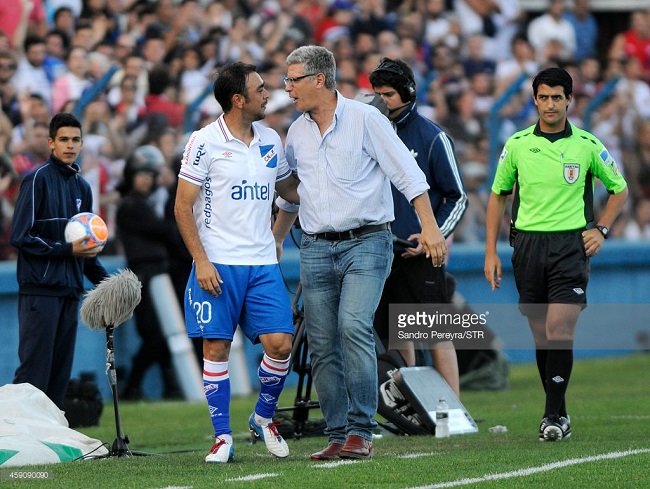
And so we’ve reached the end of this story. I’m not going to go into detail about the last title, because by that point in our story The Charrúa Report was in full swing. You can go back and read my week-to-week reactions if you like although I’ll warn you, there’s a lot of Recoba drooling in there. Suffice it to say, Nacional took advantage of a record-setting run in the Apertura to earn a spot in the finals and took Peñarol down in the semifinal playoff as the Manya fans resorted to tearing the Centenario down seat by seat. It’s sad how some people just can’t get over being secnd best. Recoba was once again front and center in this one, as was another veteran player who chose to spend his golden years with the Tricolores: league leading scorer Iván Alonso. Alonso parlayed his run into a transfer to Argentina’s River Plate (playing for Millionarios coach Marcelo Gallardo!), while El Chino chose to retire on top. We miss you, Chino!
Summary
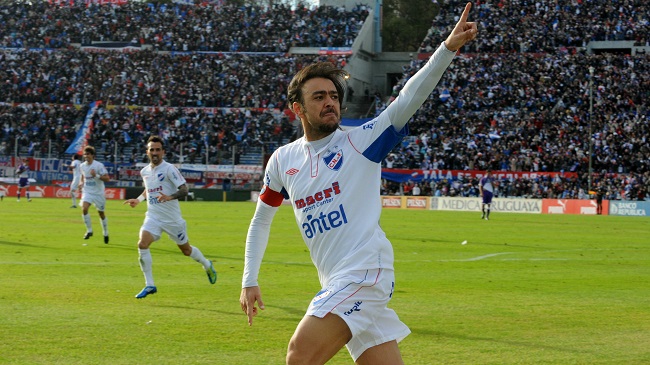
Nacional has been the dominant team in Uruguayan soccer so far in the 21st Century, and there’s just no arguing that fact. Let’s look at some numbers:
- League titles won: Nacional 9, Peñarol 4, Danubio 3, Defensor Sporting 1.
- Clasificatorios: Both won by Peñarol (so they have that going for them, which is nice)
- Aperturas: Nacional 8, Peñarol 2, Danubio 3, Defensor Sporting 2, Rocha 1.
- Clausuras: Nacional 3, Peñarol 5, Danubio 3, Defensor Sporting 3, Wanderers 1, Plaza Colonia 1.
I mean, just look at that! More than half of the league titles (more than twice as many as the next best team) plus 11 short tournaments, plsu the fact that there have been 5 (5!) league tournaments (out of 17!) where Nacional was not the champion or one of the finalists. 5!
The team has mostly disappointed internationally, but so has everyone else in Uruguay; the fact is the money and political pull just are not there to sustain runs like Uruguay had in the 60s and 80s. Overall, though, Nacional did take part in every edition of the Libertadores Cup in this Century (part of a record-breaking participation streak that dates back to the 90s). Let’s see how they did:
- Preliminary playoff: Participated twice, won once
- Group stage: participated 16 out of 17years ; group winner 5 times, 2nd place 7 times, 3rd and 4th place 2 times each
- Reached the first playoff round 12 times, winning 4
- Reached the quarterfinals 4 times, winning 1
- Reached the semifinals once, under Pelusso in 2009
It’s not a great record, but for Uruguay it’s pretty good. It’s definitely something that should be improved upon, but that takes more than just good preparation for a Uruguayan club. We’ll see if Lasarte can build on last season’s quarterfinal finish (which was one missed PK away from being a semifinal finish, don’t forget).
So there you have it, fans: the History of Nacional in a nutshell (actually several thousand nutshells). I hope you’ve enjoyed this series. I will be back next month to discuss World Cup Qualifiers and anything else that relates to my beloved Celestes and Tricolores. In the meantime, I will leave you with this video that compiles every Nacional goal in a 21st Century Clásico (well, at least through the 2015 Clausura). See you next time!
- The Charrúa Report: On the Right Foot - March 14, 2017
- The Charrúa Report: Campeones! - February 14, 2017
- The Charrúa Report: 48 Is Enough - January 11, 2017
- The Charrúa Report: Nico and the Sounders - December 14, 2016
- The Charrúa Report: King of the Single Rounders - December 12, 2016
- The Charrúa Report: Senseless - December 6, 2016
- The Charrúa Report: The Bum’s Rush - November 28, 2016
- The Charrúa Report: A Bump in the Road - November 16, 2016
- The Charrúa Report: Is It Priceline Time? - November 12, 2016
- The Charrúa Report: Closer to Fine - October 13, 2016
